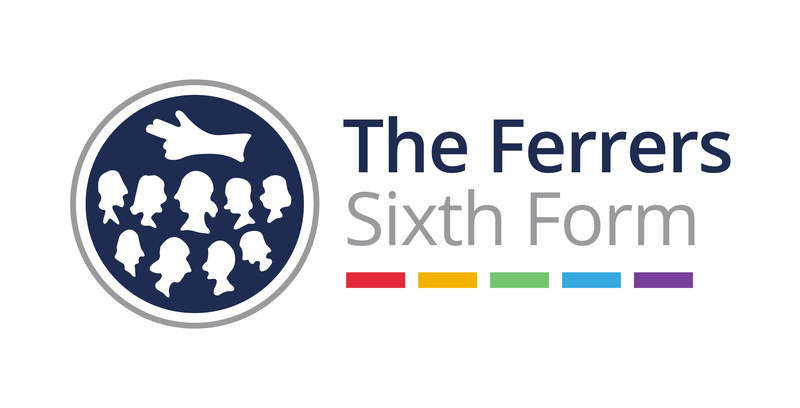
Why study English language and literature? A Level English literature builds on many of the skills developed at GCSE level but with a specific focus on critical interpretation and modes of reception. Students study several texts, covering plays, poetry and prose. They explore key concepts like ‘otherness’ and ‘dystopia’ as well as being introduced to critical schools of thought like feminism, Marxism and Postcolonialism. What will you study? Year 12 In Year 12 you will begin the course by studying Hamlet by William Shakespeare. Alongside a full reading of the play, you will study the Elizabethan context and consider how attitudes and values are communicated and received. You will also complete a comparative and contextual study, looking at the concept of dystopia and drawing on a range of texts. In the second half of the year, you will study a collection of poetry from Christina Rossetti who is considered to be one of the greatest female poets of the Victorian era. After studying a collection of her shorter poems, you will finish with the study of her most famous work – Goblin Market. Before the end of the year, you will begin preparing for the NEA on a topic of your choice. Year 13 In Year 13 you will continue to study and revise Rossetti poetry while being introduced to A Doll’s House by Henrik Ibsen. After studying the play, you will prepare for the synoptic unit which requires you to answer a thematic question, drawing on examples from Rossetti’s porty and Ibsen’s play. You will complete the NEA and begin preparing for the final exams.
Entry requirements: You will need an APS of 4.5+, with at least a 4+ in English language and English literature. Skills and attributes: Good analytical skills with the confidence to participate in groups discussions. A love of English and reading is a must.
Throughout the two years there will be termly assessments and examinations. The two written public examinations will take place at the end of Year 13; Paper 1 Drama and Poetry pre-1900; Paper 2 Comparative and Contextual Study; The Non-Examined Assessment – Literature post-1900 -will count for 20% of student’s achievement.
About Education Provider
| Region | East Midlands |
| Local Authority | North Northamptonshire |
| Ofsted Rating | Good |
| Gender Type | Co-Educational |
| Address | Queensway, Higham Ferrers, Rushden, NN10 8LF |
Why study English language and literature? A Level English literature builds on many of the skills developed at GCSE level but with a specific focus on critical interpretation and modes of reception. Students study several texts, covering plays, poetry and prose. They explore key concepts like ‘otherness’ and ‘dystopia’ as well as being introduced to critical schools of thought like feminism, Marxism and Postcolonialism. What will you study? Year 12 In Year 12 you will begin the course by studying Hamlet by William Shakespeare. Alongside a full reading of the play, you will study the Elizabethan context and consider how attitudes and values are communicated and received. You will also complete a comparative and contextual study, looking at the concept of dystopia and drawing on a range of texts. In the second half of the year, you will study a collection of poetry from Christina Rossetti who is considered to be one of the greatest female poets of the Victorian era. After studying a collection of her shorter poems, you will finish with the study of her most famous work – Goblin Market. Before the end of the year, you will begin preparing for the NEA on a topic of your choice. Year 13 In Year 13 you will continue to study and revise Rossetti poetry while being introduced to A Doll’s House by Henrik Ibsen. After studying the play, you will prepare for the synoptic unit which requires you to answer a thematic question, drawing on examples from Rossetti’s porty and Ibsen’s play. You will complete the NEA and begin preparing for the final exams.
Entry requirements: You will need an APS of 4.5+, with at least a 4+ in English language and English literature. Skills and attributes: Good analytical skills with the confidence to participate in groups discussions. A love of English and reading is a must.
Throughout the two years there will be termly assessments and examinations. The two written public examinations will take place at the end of Year 13; Paper 1 Drama and Poetry pre-1900; Paper 2 Comparative and Contextual Study; The Non-Examined Assessment – Literature post-1900 -will count for 20% of student’s achievement.